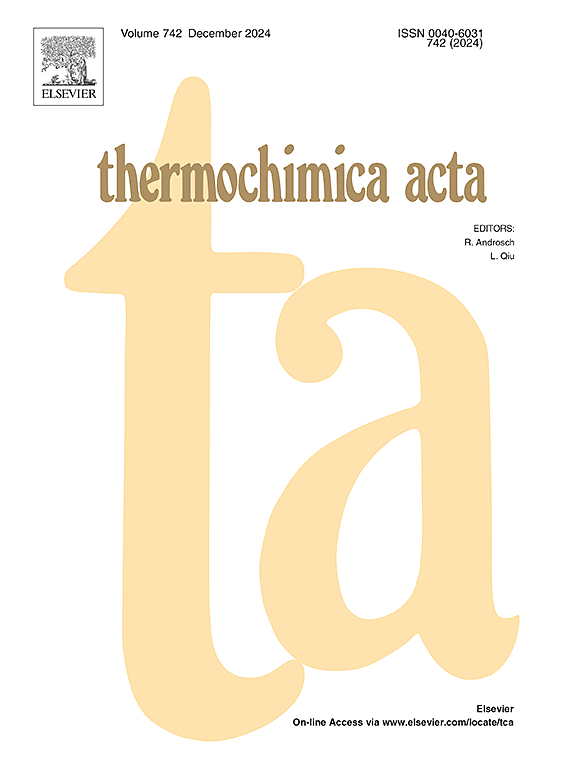Lyophilized globular proteins under rapid heating: High thermal stability and properties of the resulting material
IF 3.1
2区 化学
Q2 CHEMISTRY, ANALYTICAL
引用次数: 0
Abstract
A notable feature of globular proteins is their relatively poor thermostability. Water, while being important in maintaining the native protein structure, participates in many thermal degradation processes either directly (hydrolysis, deamidation) or indirectly by enhancing the mobility of protein molecules. It has been long known that reducing hydration enhances the thermal stability of proteins. However, the temperature stability of essentially dry proteins is unexplored because the traditional means of heating cause the charring of proteins. Fast Scanning Calorimetry (FSC) is a technique that allows rapid heating and cooling of micrometer-size samples. It was previously used to determine the melting point of silk fibroin. Here we demonstrate that under rapid heating, the dried powders of globular proteins remain stable up to ca. 200 °C. Further heating produces a glass-like material without charring. The glass transition temperature of the produced material is above 200 °C. The results may be of potential interest for additive manufacturing of biocompatible products.
求助全文
约1分钟内获得全文
求助全文
来源期刊

Thermochimica Acta
化学-分析化学
CiteScore
6.50
自引率
8.60%
发文量
210
审稿时长
40 days
期刊介绍:
Thermochimica Acta publishes original research contributions covering all aspects of thermoanalytical and calorimetric methods and their application to experimental chemistry, physics, biology and engineering. The journal aims to span the whole range from fundamental research to practical application.
The journal focuses on the research that advances physical and analytical science of thermal phenomena. Therefore, the manuscripts are expected to provide important insights into the thermal phenomena studied or to propose significant improvements of analytical or computational techniques employed in thermal studies. Manuscripts that report the results of routine thermal measurements are not suitable for publication in Thermochimica Acta.
The journal particularly welcomes papers from newly emerging areas as well as from the traditional strength areas:
- New and improved instrumentation and methods
- Thermal properties and behavior of materials
- Kinetics of thermally stimulated processes
 求助内容:
求助内容: 应助结果提醒方式:
应助结果提醒方式:


